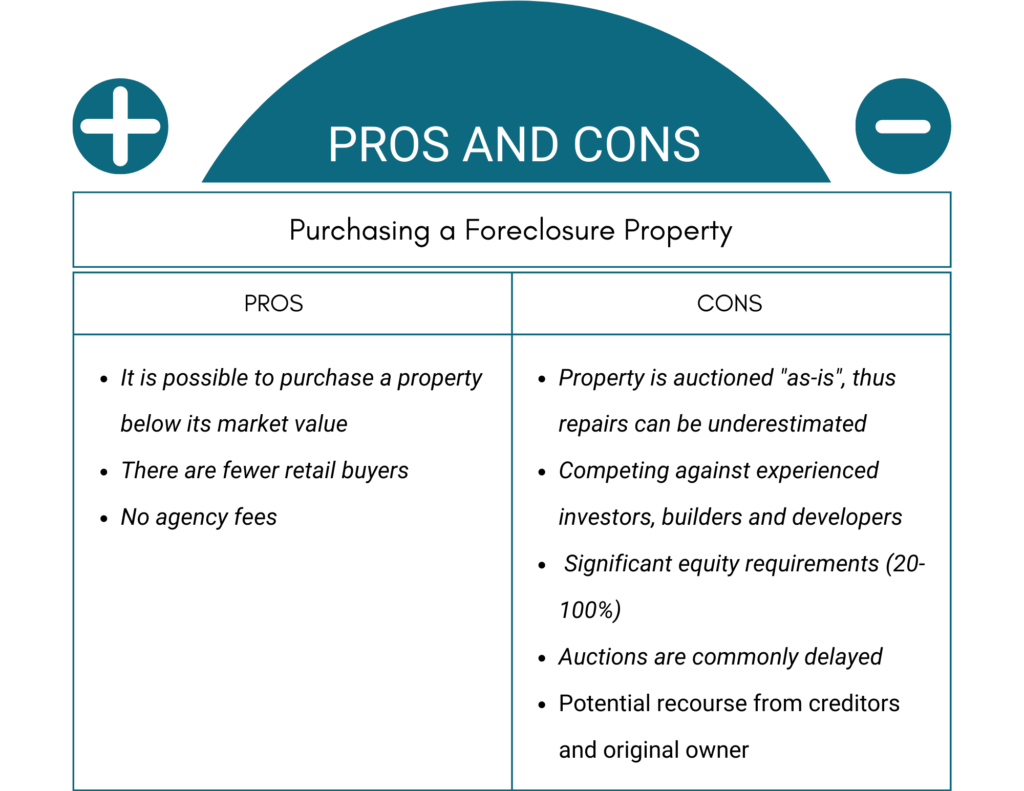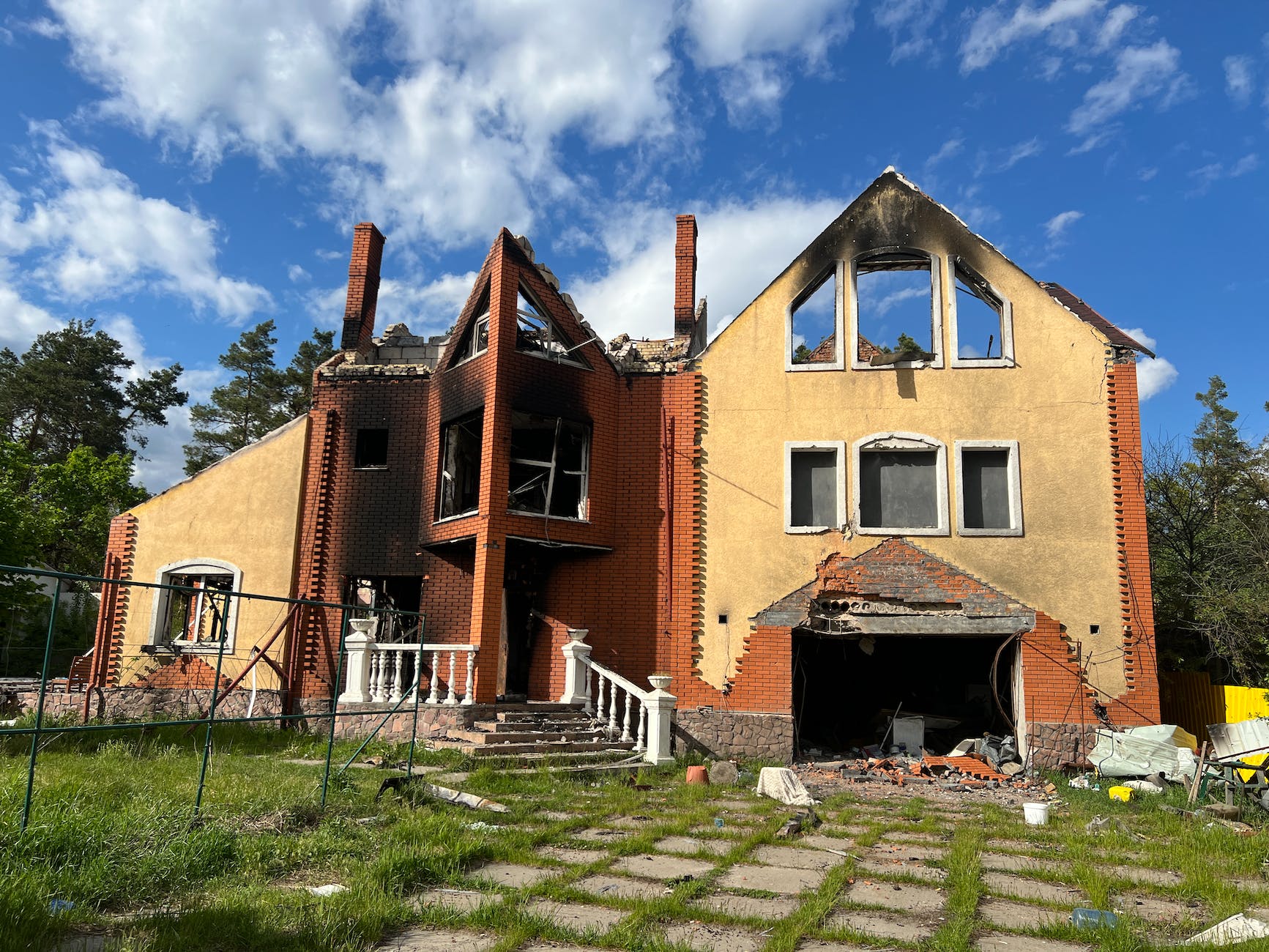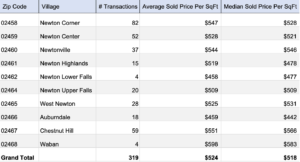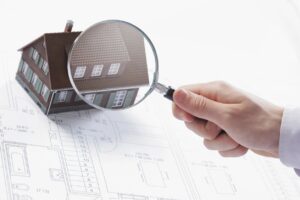What are Foreclosure Properties
When a homeowner stops paying their mortgage the lender will send notice informing them their failure to pay can result in their property being auctioned. It is a lengthy process that homeowners can delay, but ultimately, a failure to pay results in a foreclosure auction.
The bank is simply seeking to recoup the remaining mortgage amount and will bid up to the amount it is owed. If no bidders offer to pay more, the bank will buy the note, reclassifying the property as a “bank-owned” REO property.
When conducting research, check the remaining mortgage amount and assume that to be the minimum price the home will auction for. They should also check for any outstanding liens (taxes, mechanics, IRS, HOA, Child Support, etc.) on the property as an auction winner will assume those liens.
Most mortgage lenders require a property inspection or appraisal and are hard pressed to close within thirty days. Thus, financing a foreclosure property purchase requires using a hard-money lender or paying cash.
Key Tip — Check for specific details on fund requirements. For in-person auctions, you will need to bring a earnest money deposit (5-25K) in cash or cashier check, but may also need money for the full purchase sum.
How to Finance Foreclosure Properties
You will not be allowed to participate in the bidding unless you sign in with the auctioneer and show them the money. If you win the auction, you immediately pass the funds to the auctioneer – no delay.
Considerations when Buying a Foreclosed Property
Research the market: It’s important to understand the local real estate market and compare prices of similar properties to ensure that you’re getting a good deal on the foreclosure property. It’s a good idea to do your due diligence and be prepared for any potential challenges.







